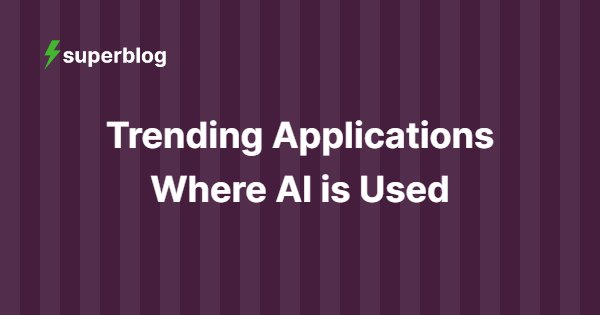Apple unveils OpenELM, a series of small, open-source language models designed to run on devices like iPhones, potentially paving the way for future on-device AI assistants and chatbots.
Big Models, Small Packages: The Rise of Efficient AI
The world of Artificial Intelligence is witnessing a surge in interest for “small language models.” Unlike their beefier counterparts that require the processing power of data centers, these miniature marvels can be run directly on local devices. This shift towards on-device AI processing offers a multitude of benefits, including:
- Privacy: By eliminating the need to send data to the cloud, on-device AI safeguards user privacy.
- Speed: Local processing translates to faster response times, as data doesn’t have to travel back and forth from remote servers.
- Offline Functionality: On-device AI models can function even without an internet connection.
This week, Apple threw its hat in the ring with the introduction of OpenELM, a family of eight, open-source language models built specifically for on-device use.
OpenELM: A Peek Under the Hood
OpenELM stands for “Open-source Efficient Language Models,” and that’s precisely what they are. Available on Hugging Face under an Apple Sample Code License, these models range in size from 270 million to 3 billion parameters, making them significantly smaller than the giants of the language model world (think models with 70 billion or even 400 billion parameters!).
Here’s a deeper dive into what makes OpenELM special:
- Layer-wise Scaling Strategy: This innovative approach allocates parameters more efficiently within the model, maximizing performance while minimizing computational resources. This strategy allows OpenELM to achieve better accuracy than similar models, even with fewer training tokens.
- Open Source and Reproducible: Unlike many tech companies, Apple has made OpenELM’s source code, training materials, and even model weights available. This transparency allows researchers to delve deeper into the model’s inner workings and foster the development of responsible AI.
A Glimpse into the Future of On-Device AI
While OpenELM is currently in the research phase, it has the potential to revolutionize the way we interact with our devices. Imagine an AI assistant on your phone that can answer your questions, complete tasks, and even generate creative text formats – all without ever leaving your device.
Apple’s foray into on-device AI with OpenELM is a significant development. It paves the way for a future where our devices become even more intelligent and capable, all while safeguarding our privacy and data. With continued research and development, on-device AI has the potential to transform our daily interactions with technology.

